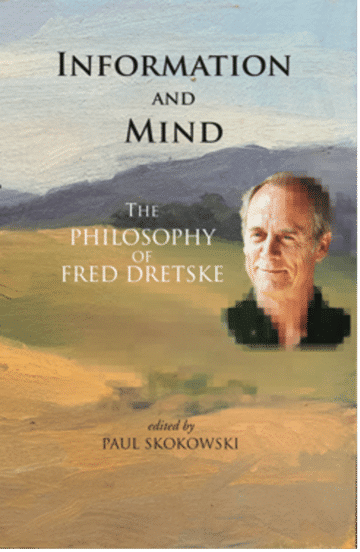Professor Paul Skokowski
Fellow by Special Election in Philosophy
Paul Skokowski is a philosopher/cognitive scientist with interests in philosophy of mind, philosophy of neuroscience, artificial intelligence and philosophy of physics.
Paul read Physics & Philosophy at Oxford (St Edmund Hall), and received a PhD in Philosophy from Stanford University. Paul has been teaching in Symbolic Systems and Philosophy at Stanford since 1993, where he is also the co-founder and Executive Director of the Center for the Explanation of Consciousness. He has also been a Visiting Professor in Philosophy at UC Berkeley, and a McDonnell-Pew Fellow at Oxford University, where he pursued research on human and machine cognition.
Prior to teaching philosophy, Paul was a physicist at Lawrence Livermore National Laboratory doing research in computational physics and inertial confinement fusion, and was the Director of the Institute for Scientific Computing Research, leading projects in deep learning, massively parallel computing, and intelligent sensing. From 1997-2000 Paul was Professor of Surfing at Yahoo! Inc., where he managed Yahoo! Search worldwide. Paul is also a co-founder of the Oxford Angel Fund that provides funding to Bay Area startups with an Oxford affiliation.
Paul’s current research interests include human and machine intelligence and consciousness, and philosophy of physics. Paul’s teaching includes philosophy of mind, philosophy of neuroscience, foundations of cognitive science, philosophy of science, philosophy of physics, history of philosophy and epistemology.
Featured Articles
Sensing Qualia. Frontiers in Systems Neuroscience 16:795405. doi: 10.3389/fnsys.2022.795405
Observing a Superposition, Synthese, 199, pages7107–7129, 2021. doi.org/10.1007/s11229-021-03106-7
The Nature of Belief in No-Collapse Everett Interpretations, in Gao, S. (ed.), Quantum Mechanics and Consciousness, Oxford University Press, 2021. (in press)
The Philosophy of Westworld, in Vernallis, C., Kara, S., Leal, J., and Rogers, H. (eds.), Cybermedia: New Approaches to Sound, Music and Media, Bloomsbury, 2021.
Three Dogmas of Internalism, in Skokowski, P. (ed.), Information and Mind, Stanford, CA: CSLI Press, 2020.
Introspection and Superposition, in de Barros, J.A. and Montemayor, C. (eds.), Quanta and Mind, Springer, 2019.
Is the Pain in Jane Felt Mainly in Her Brain?, Harvard Review of Philosophy, Vol 15, 2007.
Structural Content: A Naturalistic Approach to Implicit Belief, Philosophy of Science, 71(3), 2004.
When you examine the brain, you can learn a lot and see chemical interactions, but you cannot find anything about the first-person nature of things we experience as humans, such as colours and pain. This talk by Paul Skokowski takes an introductory look at different philosophical theories relating to this – including dualism, epiphenomenalism, identity theory and externalism. This is one in a series of short ‘Teddy Talks’ presented at St Edmund Hall’s Research Expo in 2017.
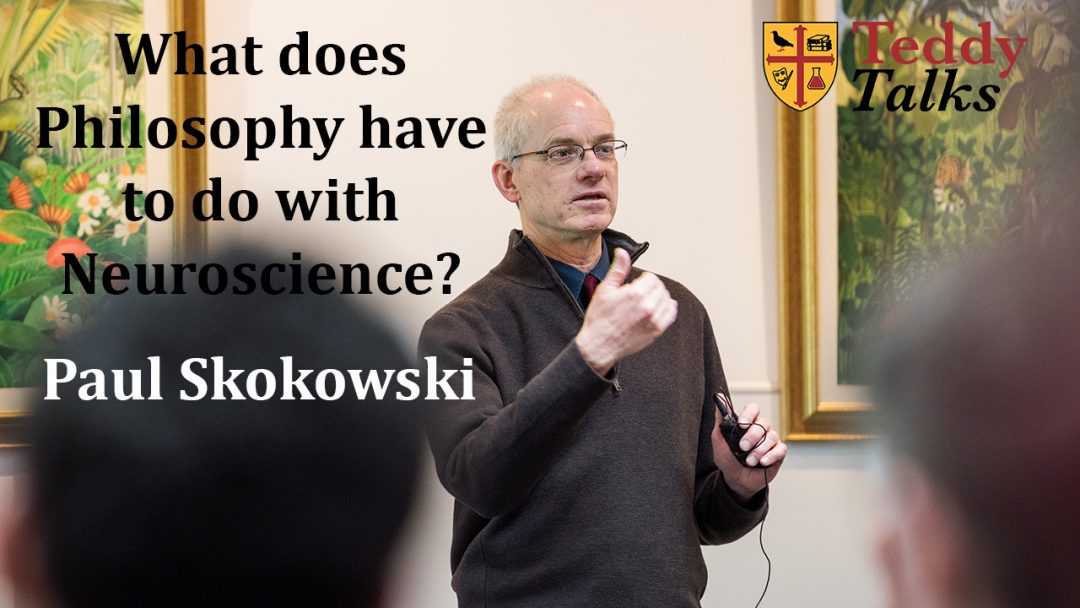
Paul is an avid runner and looks forward to exploring the trails in the Oxford countryside. Little known factoid: Paul earned a Blue in Basketball for Oxford while at the Hall.
Where next?
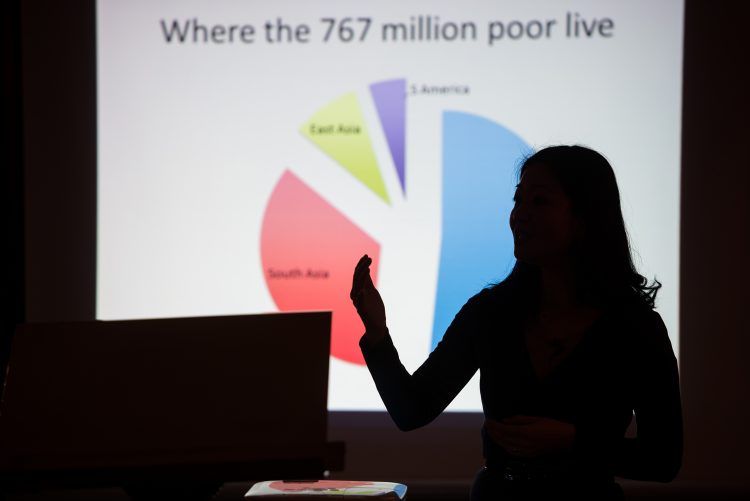

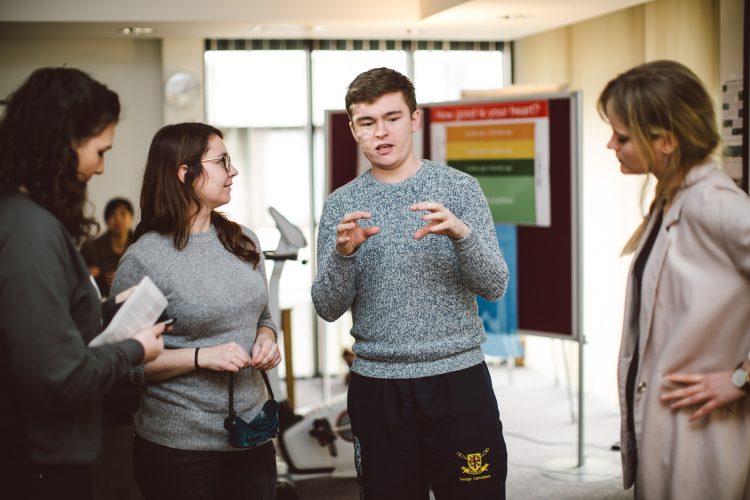
Physics & Philosophy

Mathematics & Philosophy
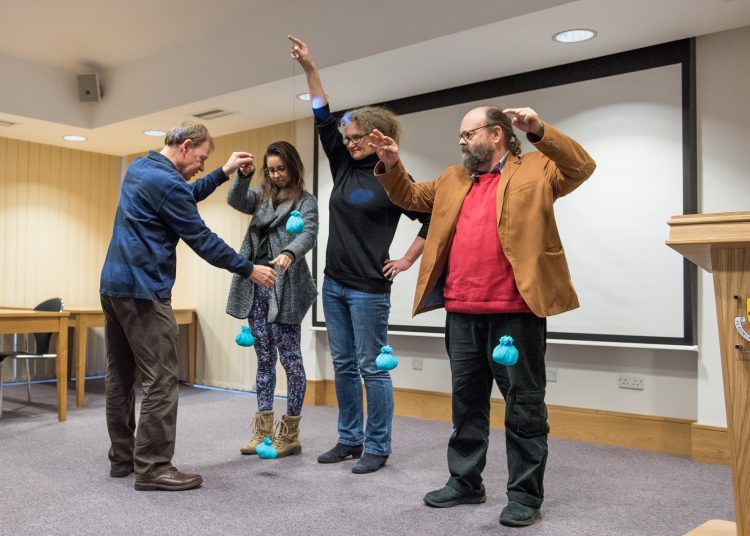
Centre for the Creative Brain


Professor Paul Skokowski
MA (Oxf), PhD (Stanford)
- Fellow by Special Election in Philosophy
- Professor in Symbolic Systems, Stanford
